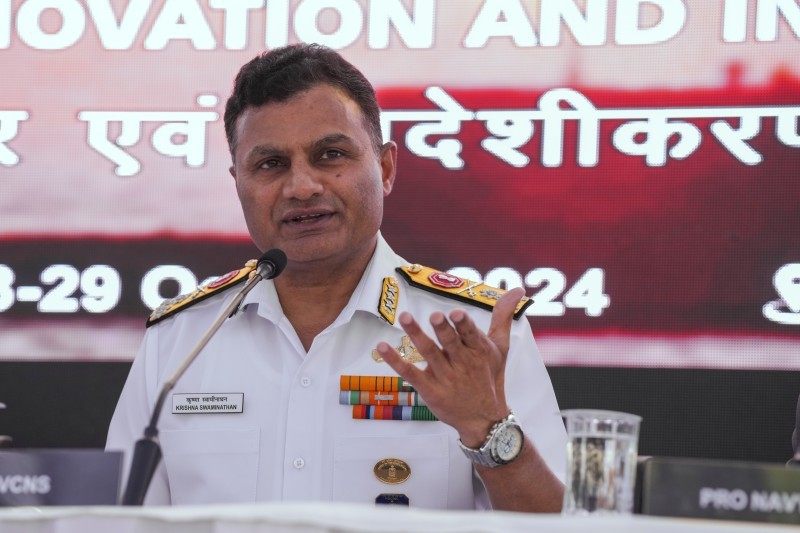
Vice Chief of the Indian Navy Vice Admiral Krishna Swaminathan addresses a press conference, in New Delhi, Tuesday, Oct. 22, 2024. (Photo: PTI)
NEW DELHI (PTI): Vice Chief of Indian Navy Vice Admiral Krishna Swaminathan on Tuesday asserted that as far as the naval force is concerned, the requirements of national security are "supreme" but the Navy would like to support national security needs by being self-reliant.
"Obviously, this is not making one clash against the other. We need to have both to happen at the same time," he said this during a media interaction held at Kota House ahead of the third edition of Navy's flagship seminar ‘Swavlamban’.
The Vice Chief of Naval Staff (VCNS), in response to a query related to India's multi-role frigate INS Brahmaputra, said, "The ship is going to come back and we will make sure it comes back."
The third edition of the Indian Navy's flagship Swavlamban seminar, which seeks to promote naval innovation and indigenisation, will be held on October 28 and 29.
About 2,000 challenges were given to the industry, out of which AoN (Acceptance of Necessity) is for several of them and contracts worth Rs 1,194 crore have been committed, the Navy Vice Chief said.
Asked how the Navy looks at fulfilling national security needs vis-a-vis the goal of 'atma-nirbaharta', Vice Admiral Swaminathan said, "As far as the Navy is concerned, and I hope, as far as every Indian is concerned, the requirements of national security are supreme. We don't want to make anything clash with national security.
"Left to ourselves, we would like to make, support all national security needs by being self-reliant, as a navy, as a nation," he said.
"Obviously, this is not making one clash against the other. We need to have both to happen at the same time," he added.
So, the Navy's vision is to improve its overall capabilities, improve its overall ability to deliver in favour of national security. And, the naval force would like to do that through indigenisation, the VCNS said.
"Because that is not just national service for us, but it makes a lot practical sense, because we found that in our own history, it is easier to make systems that are home grown, you get a much better supply over the supply chain, you get much better spares management, and in the long-term, you get a cost competitiveness as well," he added.
Vice Admiral Swaminathan also said this is not about just the Navy, as in building the Navy's system, "we build a whole ecosystem" of industrialisation in the nation that has a lot of "positive spin-offs" in other sectors of normal life.
He also responded to a query on frontline ship INS Brahmaputra's status after the fire accident.
A fire had broken out on board INS Brahmaputra on the evening of July 21 while she was undergoing refit at Naval Dockyard Mumbai. The Indian Navy's leading seaman Sitendra Singh had gone missing after the incident, and his body was found later.
"There are a lot of indigenous capabilities. It's called salvage. When there is a damage to ships anywhere, every good navy has some salvage capabilities.
"We got a lot of salvage capabilities as well. These are one-off events that happen, they don't happen every day in our life, and if they do happen, though it shouldn't happen at all... but, if they do happen, we need some capabilities," he said.
There is no navy in the world that builds and maintains capabilities for every single conceivable event that will happen in its entire life time. You got to be sensible about where you invest your money, the VCNS said.
"We have a lot of salvage capabilities. At the current moment, we have called for some foreign assistance, and they will do that.
"It is an accident, unfortunate that it has happened, hopefully we will learn our lessons from there and come out stronger from it. As I have said before, that ship is going to come back, and we will make sure it comes back, goes back to battle. That ship will be ....no doubt about that," he added.
On a query on the recent launch of fourth nuclear powered ballistic missile (SSBN) submarine, without divulging details, the VCNS said, "We have a sustained programme, and that is a very successful programme that is going on. We are making good progress there.
"The first submarine has been commissioned and has been in service. The second submarine has been commissioned. It is quite natural that other submarines will also follow... It is a good programme and is going on well," he asserted.
On the two special task forces set up in the last couple of months, he said this is to induct technologies as fast as possible. They are looking into fuses, radar, quantum computing and niche electronic technologies.
On a query about use of artificial intelligence (AI) in the Navy, he said the force is working in areas of every single disruptive technology.
"We are cognisant of the applications of AI, machine learning and the niche technologies. We have several sectors that are looking after AI," he said.
He also mentioned about the Indian Navy Incubation Cell for Artificial Intelligence (INICAI) in Bengaluru which is working in this area.
"We are tying to induct it wherever we can, even in our administrative processes, and bring AI into maintenance too," the VCNS said, adding, for equipment, "we do planned preventive maintenance", but the idea now is to have a "predictive maintenance" wherein thermal and other signatures of them are studied as assessed.
 Previous Article
Previous Article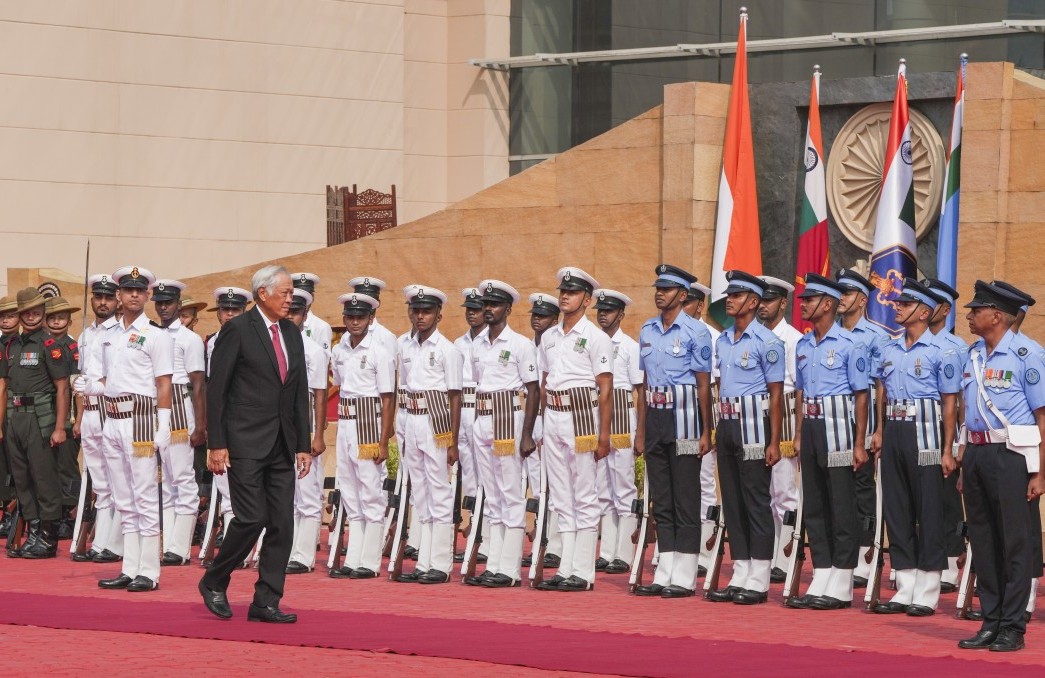 Next Article
Next Article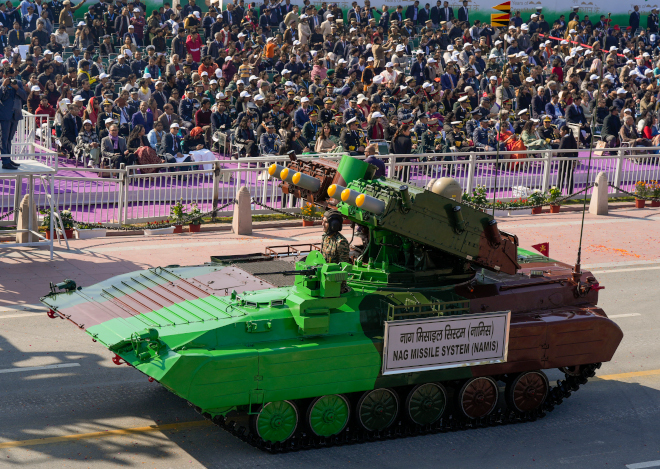
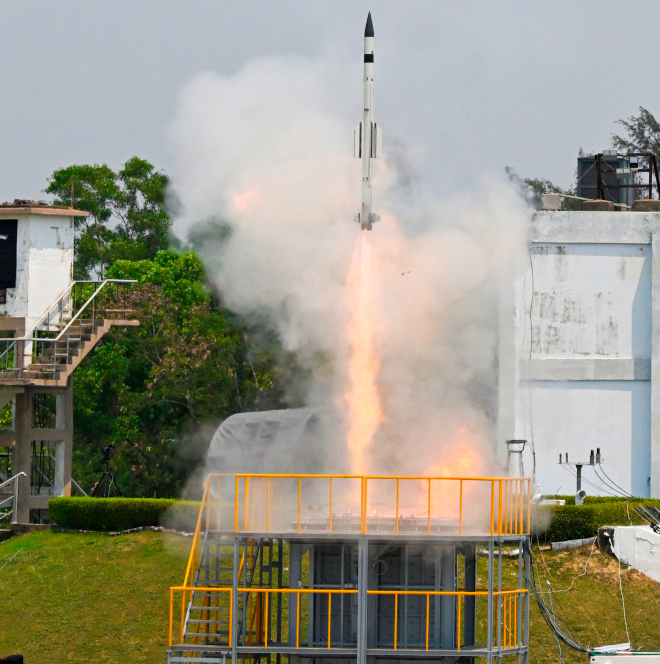
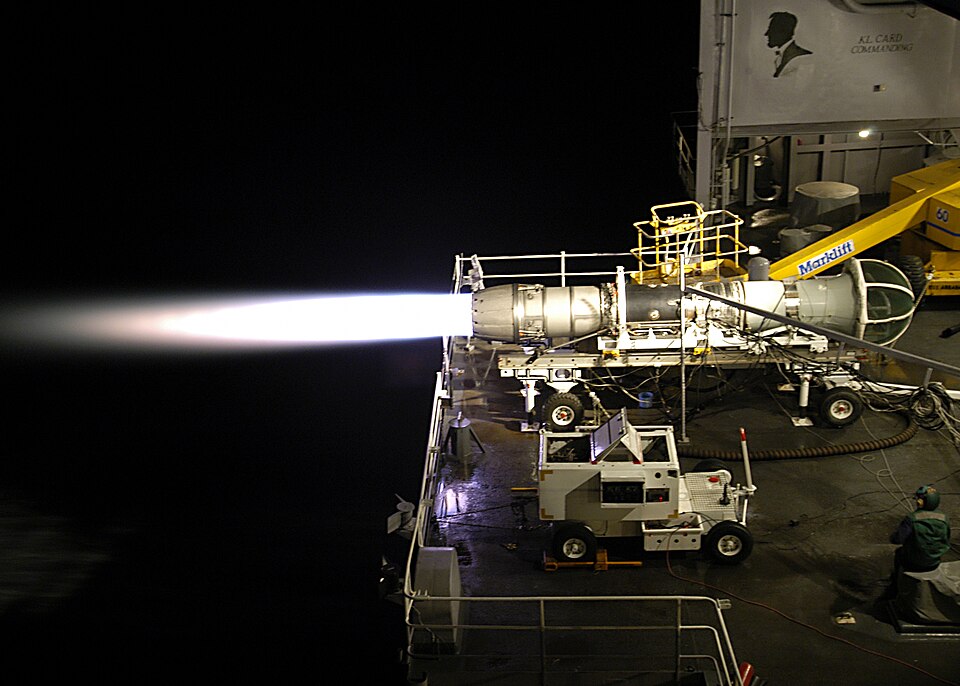
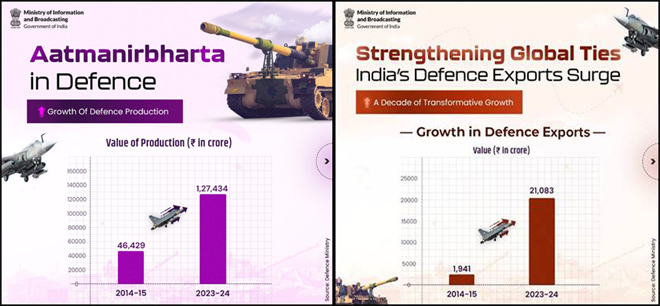










The Indian Air Force, in its flight trials evaluation report submitted before the Defence Ministry l..
view articleAn insight into the Medium Multi-Role Combat Aircraft competition...
view articleSky enthusiasts can now spot the International Space Station (ISS) commanded by Indian-American astr..
view article